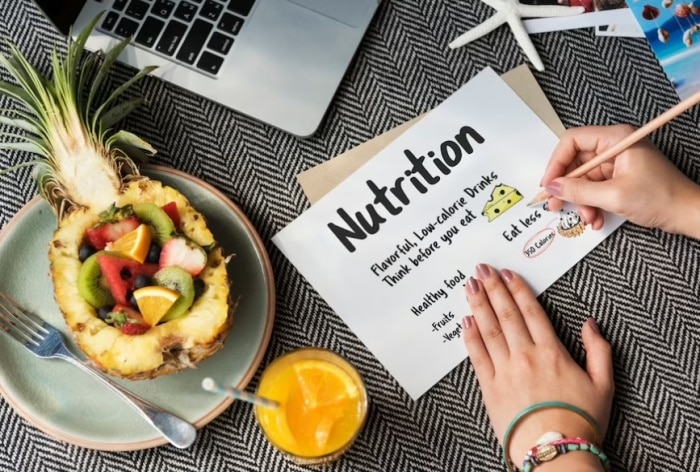Home Health: Iron to Vitamin D, 5 Common Health Deficiencies, and How to Overcome Them
Preventing deficiencies in macro and micronutrients is crucial for optimal health. The best way to overcome any nutrient deficiencies is by maintaining a balanced and nutrient-rich diet. Our body requires various vitamins and minerals for proper functioning, and when there is a lack of any of these, our body starts showing signs. Different parts of our body often exhibit tell-tale signs of deficiencies in iron, vitamin D, vitamin B12, iodine, and more.
Iron deficiency is the most common type of deficiency that affects the body. It can lead to anemia and fatigue. To overcome iron deficiency, increase your intake of iron-rich foods such as amaranth, ragi, raisins, lentils, and dark leafy greens. Enhance iron absorption by consuming vitamin C-rich foods alongside iron sources. Cooking food in cast iron cookware can also help.
Vitamin B12 deficiency is very common, especially in vegetarians, vegans, and older adults. To overcome this deficiency, include foods rich in B12 such as milk, chlorella, yogurt, and fresh cheese. If meeting your B12 requirements through diet alone is difficult, consider taking a B12 supplement.
Vitamin D is a fat-soluble vitamin that functions like a steroid hormone in the body. To overcome deficiency, get sunlight exposure and consume vitamin D-rich foods like mushrooms, salmon, and egg yolks. If recommended by a healthcare professional, considering a supplement may be beneficial.
Iodine deficiency is one of the most common nutrient deficiencies, which may cause enlargement of the thyroid gland. To overcome iodine deficiency, use iodized salt in your cooking and food preparation. Include natural sources of iodine such as yogurt, dairy products, and prunes.
Vitamin A deficiency can lead to various health issues, particularly affecting vision and immune function. To overcome this deficiency, include foods rich in vitamin A such as bajra, green gram dal, amaranth leaves, sweet potato, papaya, mango, and sesame seeds. Vitamin A is a fat-soluble vitamin, so it is important to consume it with dietary fat for better absorption. Ensure you have a balanced intake of healthy fats.
Remember, it is always best to consult a healthcare professional or registered dietitian for personalized guidance based on your specific needs and health conditions. Stay updated with the latest information by subscribing to our newsletter today!

